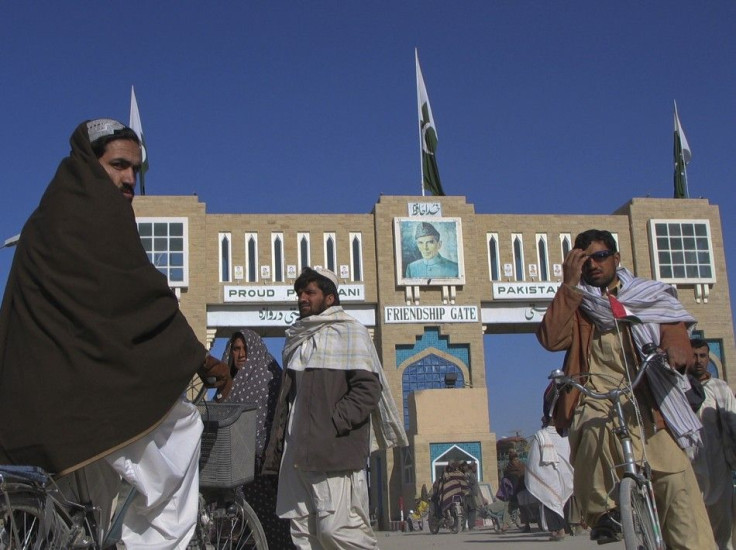U.S. Congress Freezes $700m in Aid to Pakistan

In yet another sign of the steadily deteriorating relations between the two countries, a panel of the U.S. Congress has decided to freeze $700-million in aid to Pakistan until Islamabad can provide sufficient assurances that it is curbing the illegal manufacture of homemade bombs and improvised explosive devices in the country.
According to reports, American officials believe such weapons are being used in Afghanistan against U.S. and NATO forces. Even worse, some U.S. officials think Pakistan may be actively aiding in the manufacture of such devices.
Congressman Howard McKeon, a Republican, said that the U.S. is seeking assurances that Pakistan is countering improvised explosive devices in their country that are targeting our coalition forces.”
In response to the U.S. freeze, Pakistani insists it is doing all it can to fight against militants like the Taliban and al-Qaeda and that it too has lost thousands of soldiers and civilians in this seemingly endless battle.
Abdul Basit, a spokesman for Pakistan’s Foreign ministry, told Reuters that the suspension in aid would likely further erode his country’s relations with the U.S.
I don't think this is a wise move. It could hurt ties. There should instead be efforts to increase cooperation. I don't see any good coming out of this, Salim Saifullah, chairman of Pakistan's Senate foreign relations committee, told Reuters.
BBC speculated that while the $700-million represents but a small portion of the billions in aid that Pakistan receives from the U.S., the freeze may set a precedent and herald further aid cuts down the road. Since the invasion of Afghanistan, the U.S, has handed over about $20-billion in military and economic aid to Pakistan.
Since the discovery and assassination of Osama bin Laden in a compound near Islamabad in May, suspicions in Washington have spiraled that the Pakistani military and intelligence services are working in tandem with the militants they are supposed to be fighting against.
In particular, the U.S. is concerned that Islamabad has done little to rein in the activities of Haqqani militants who operate in the lawless borderlands between Pakistan and Afghanistan and launch attacks on NATO troops in Afghanistan.
Last month, a NATO strike accidentally killed 24 Pakistan soldiers. In retaliation, Islamabad closed off two key supply routes that were used to transport food, fuel and other provisions to US and NATO forces in Afghanistan.
Relations between the U.S. and Islamabad are at an all-time low.
© Copyright IBTimes 2024. All rights reserved.











